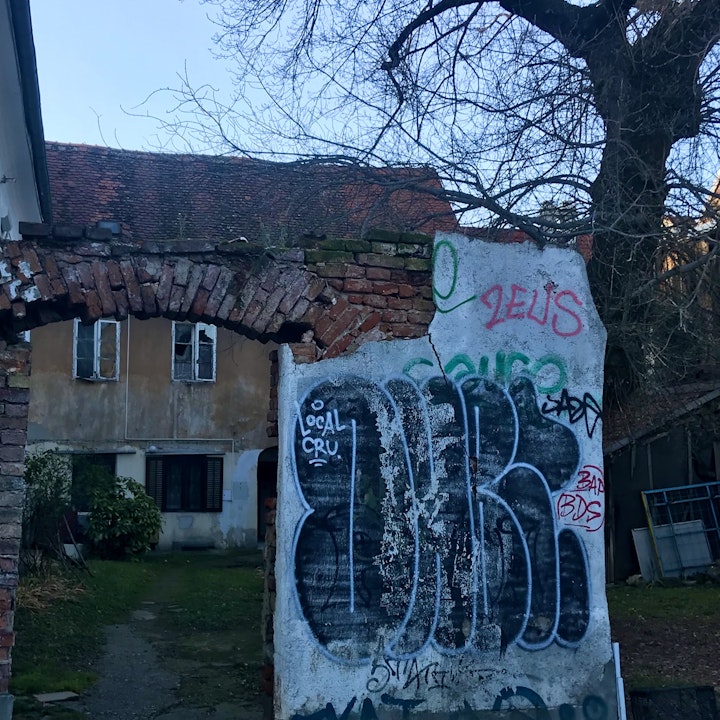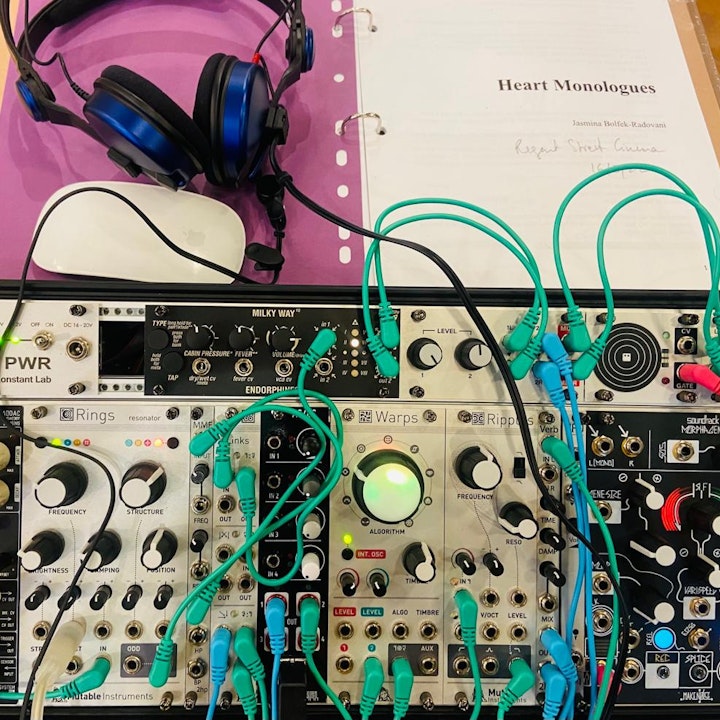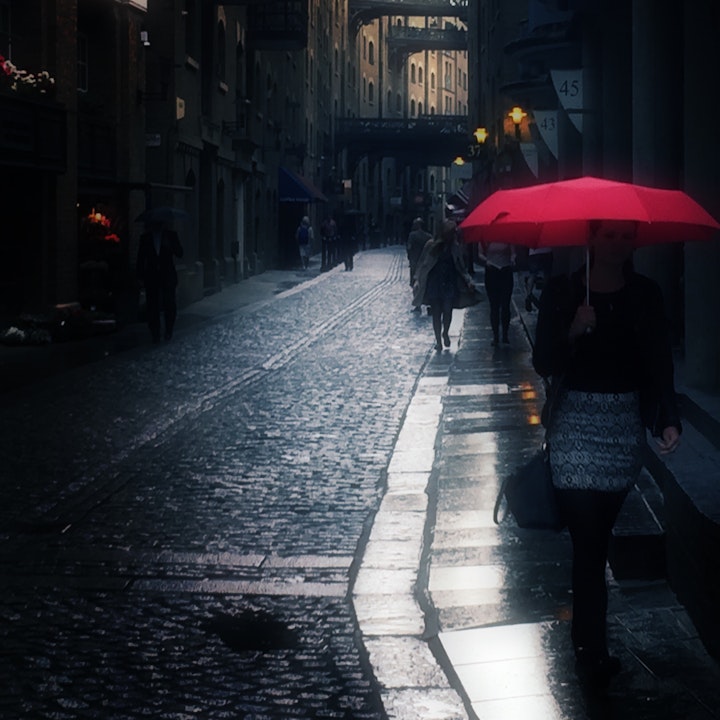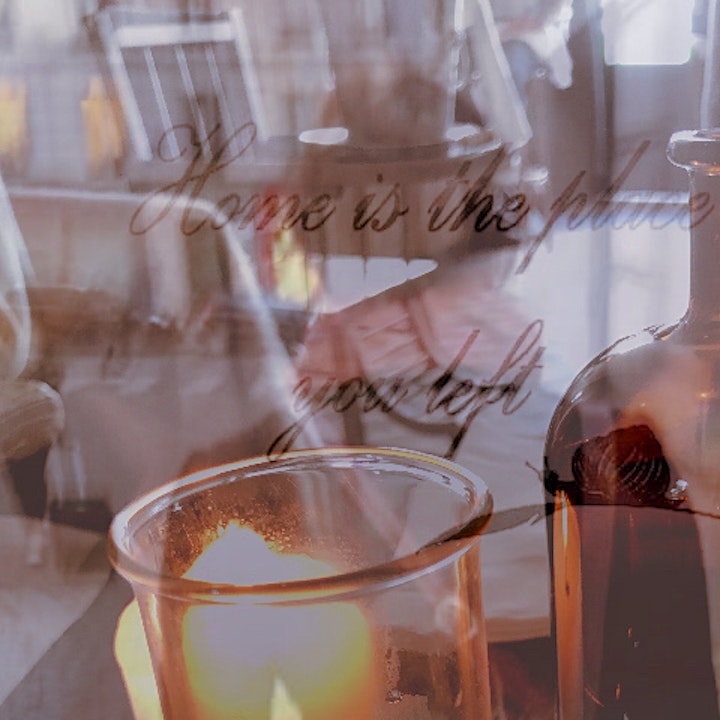Cultural bites #2: Time
◊ My intermittent bites on art, literature, poetry and culture ◊
Flying into the field of clouds
With the taste of sun and water
There is no night out there
Night does not fall in the distance
(“Time and Illusion”, Bejan Matur)
∞ All of this week I feel like I am one day ahead of myself. After I realise yesterday mid-morning that it is Thursday and not Friday and that I have one more day of work in front of me before the weekend, I suddenly find myself (not without a hint of disappointment) with extra time on my hands. As I am searching for what to write about, I stumble upon the poetry collection “The Mersey Sound” featuring poems by Adrian Henri, Roger McGough and Brian Patten, the so-called Liverpool poets. It is a copy signed by Jarvis Cocker in which he wrote the words: “Yasmina, don’t be late”. I bought the book during the “City Poems and City Music” event at the Whitechapel Gallery in 2018; Jarvis Cocker and Thurston Moore were the hosts and they both read poems by Adrian Henri. At the end of the reading (in a room that was surprisingly half-empty), I approached Jarvis who was just standing there in a suit and glasses slightly too big for his face and I asked him to sign my copy of the book. I left with a smile; I thought Jarvis’s words were really funny. But I must admit that I am still slightly disoriented by them. Am I missing something? Anyway, below is an extract from Jarvis delivering Henri’s poem; incidentally, the poem is about (an imagined) time.
Tonight at Noon
Tonight at noon
Supermarkets will advertise 3p extra on everything
Tonight at noon
Children from happy families will be sent to live in a home
Elephants will tell each other human jokes
America will declare peace on Russia
World War I generals will sell poppies on the street on November 11th
The first daffodils of autumn will appear
When the leaves fall upwards to the trees
Tonight at noon
Pigeons will hunt cats through city backyards
Hitler will tell us to fight on the beaches and on the landing fields
A tunnel full of water will be built under Liverpool
Pigs will be sighted flying in formation over Woolton
And Nelson will not only get his eye back but his arm as well
White Americans will demonstrate for equal rights
In front of the Black house
And the monster has just created Dr. Frankenstein
Girls in bikinis are moonbathing
Folksongs are being sung by real folk
Art galleries are closed to people over 21
Poets get their poems in the Top 20
There’s jobs for everybody and nobody wants them
In back alleys everywhere teenage lovers are kissing in broad daylight
In forgotten graveyards everywhere the dead will quietly bury the living
and
You will tell me you love me
Tonight at noon
∞ What happens when our temporal reference points or markers disappear? Not so long ago, I listened to a weekly radio show on the French radio station France Culture “Coronavirus, a global conversation: how much are we disoriented by COVID-19?” (“Coronavirus, une conversation mondiale : à quel point le Covid nous désoriente-t-il ?”). The discussion that week involved the French historian François Hartog and the Italian philosopher Roberto Casati; they each made reference to the temporal and spatial disorientation induced by COVID-19 that we all experienced at the beginning of the pandemic. Hartog was talking about his book “Chronos: the West’s struggles with time” (“Chronos: l’Occident aux prises avec le temps”) and the fact that the West will need to develop new strategies on how to master time. Particularly interesting were the reflections by Roberto Casati, an Italian philosopher of perception; since COVID-19 struck, he claims, we have found ourselves not only disoriented in time, but also in space. According to Casati, “what we are currently experiencing can be described by one single feeling: disorientation” (“ce que nous traversons se traduit en un sentiment : la désorientation”). This sense of disorientation, explains Casati, is primarily a spatial one; it is marked by the loss of our usual spatial orientation points and the sense that something is not right; the feeling that we have lost our normal capacity to navigate through space that we experience as familiar to us. However, as Casati argues, this sense of disorientation is not necessarily only negative; it is a signal from our senses that something is wrong, and that we therefore need to react and adapt in order to counteract it (“Nous pouvons concevoir la désorientation comme un signal, un voyant qui nous dit que quelque chose ne va pas.”).
∞ Finally, my Proust’s madelaine: it has to be Françoise Hardy singing “J’écoute de la musique saoule”.
©Copyright Jasmina Bolfek-Radovani 2021. All rights reserved.






